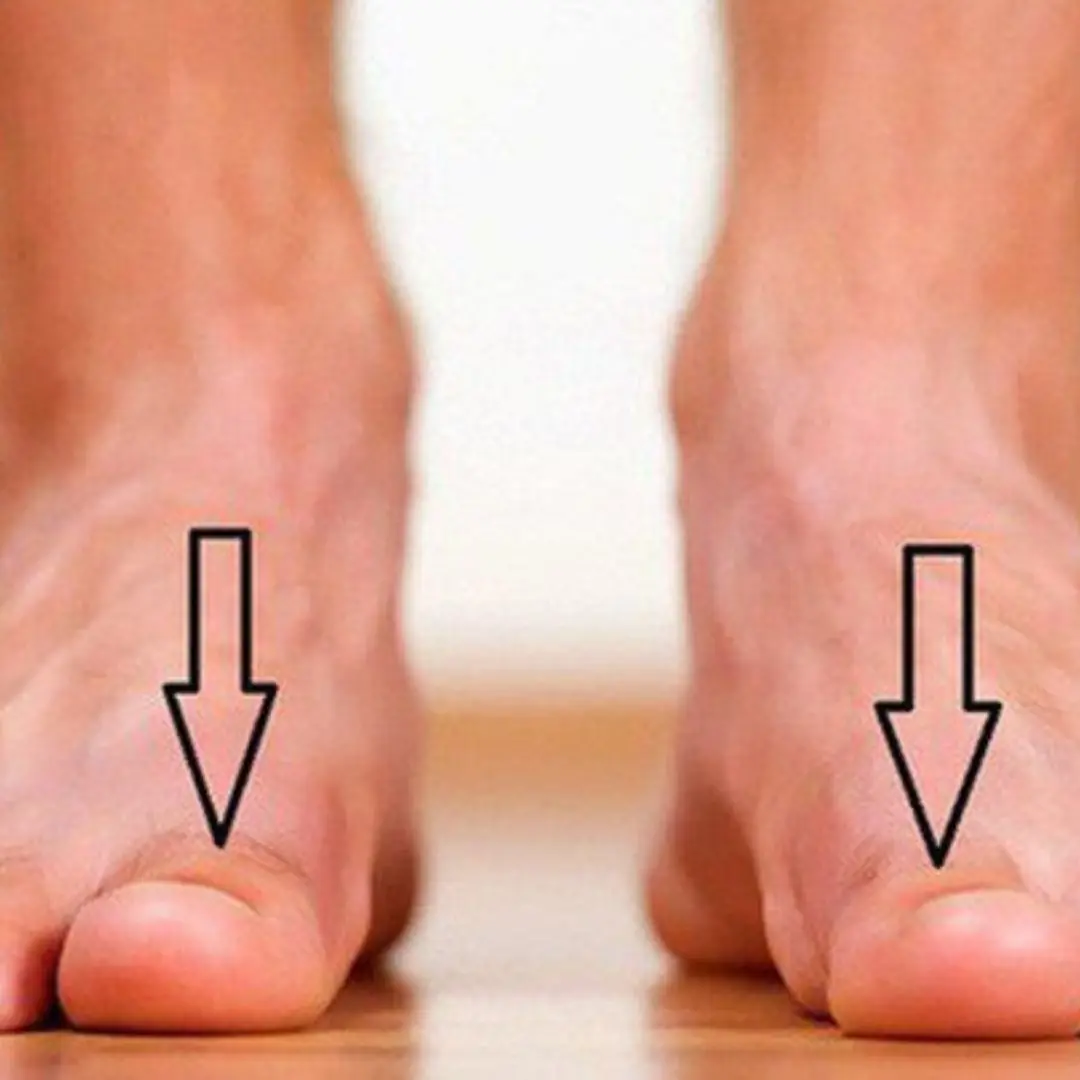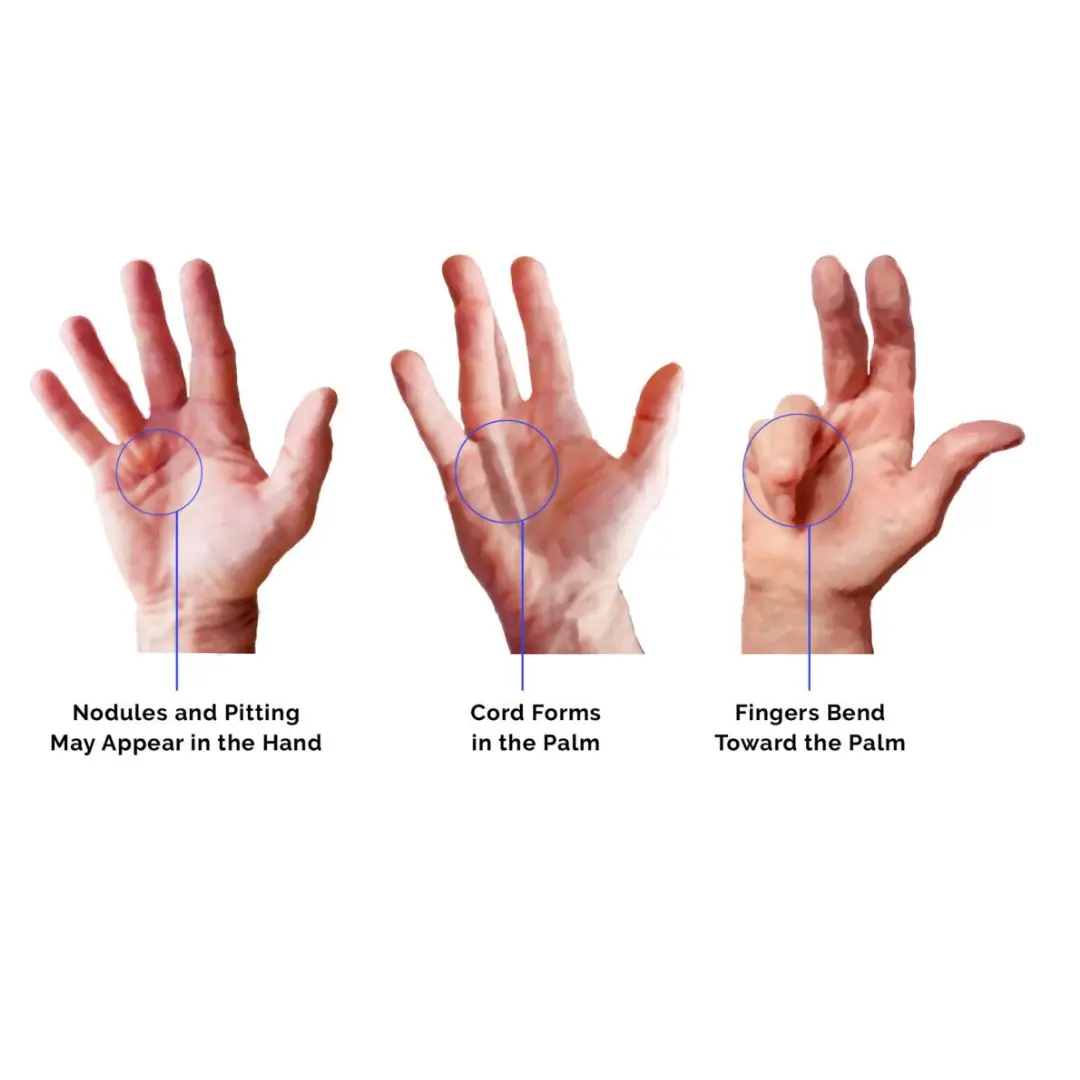
How many eggs should you eat a week?

What happens to your body when you eat more than 7 eggs per week? The truth may surprise you!
Eggs: A superfood rich in nutrition, but how many should you eat?
Eggs have long been a familiar breakfast food and an essential ingredient in cooking. The nutritional value of eggs is undeniable, but how many eggs per day is reasonable? What happens if you consume more than 7 eggs per week?
According to a nutrition expert cited by Eat This, eggs are one of the most debated foods in terms of healthiness. For many years, eggs were considered a cause of health problems, particularly heart disease. However, modern science has shown that eggs provide many benefits, although overconsumption should still be considered.
Eggs are a high-protein food source, with about 6g of protein per egg, containing heart-healthy unsaturated fats, choline to enhance brain function, as well as lutein and zeaxanthin - two important antioxidants for eye health. Eggs contain no sugar, are low in calories, and have naturally low sodium levels. Some studies even suggest that people who eat eggs regularly tend to maintain a balanced diet rich in vitamins, minerals, and fiber.
However, consuming too many eggs can pose risks, especially for those with underlying conditions or specific health problems. Therefore, it is important to eat eggs in moderation to optimize their benefits without harming the body.
Consuming too many eggs per day: Side effects to watch out for
While eggs are a nutritious food, excessive consumption can have some negative effects on health. Below are the risks of eating eggs beyond the recommended limits:
1. Risk of absorbing too much cholesterol.
According to experts, a medium-sized egg contains about 187mg of cholesterol. The American dietary guidelines once recommended not consuming more than 300mg of cholesterol per day.
The American Heart Association also advises limiting cholesterol intake. If you eat more than 2 eggs per day, combined with other cholesterol-rich foods, you can easily exceed the safe consumption limit. However, eggs also contain lecithin - a substance that helps regulate and eliminate cholesterol, reducing the risk of atherosclerosis. Therefore, eating eggs the right way still benefits the body.
2. Increased risk of heart disease.
A 2019 study published in JAMA Network showed that individuals consuming more than 300mg of cholesterol per day had a 17% higher risk of cardiovascular disease and an 18% higher risk of death.
In 2022, a meta-analysis also showed that consuming too many eggs was associated with higher rates of heart disease and mortality. This emphasizes the importance of eating eggs in moderation to protect heart health.
3. Impact on the weight loss process.
Eggs are a high-quality protein source often included in weight loss diets. However, if you combine eggs with fatty, calorie-dense foods like sausages, minced meat, pastries, or cream-laden coffee, you may gain weight rather than lose it.
Experts recommend that if you want to lose weight, you can replace a 400-calorie breakfast with 3 boiled eggs (about 240 calories) to cut down on excess energy.
4. Increased ri.sk of dia.betes if prepared incorrectly.
A 2009 study in the Journal of Diabetes Care found that people eating more than 7 eggs per week had a higher risk of developing type 2 diabetes.
However, other studies have suggested that eating eggs for breakfast can help control blo.od sugar levels throughout the day for diabetic patients.
Nutritionists note that if eggs are cooked with excessive oil or fat, the fat content will rise, leading to increased insulin resistance, which causes blood sugar levels to spike.
While eggs offer many health benefits, when eaten with foods high in saturated fats, sodium, and excess calories, the risk of heart disease and diabetes significantly increases. Therefore, it’s important to eat eggs properly to maximize benefits without ha.rming the bo.dy.

How many eggs should you eat per week?
1. Adults
You can eat 7 eggs per week without worrying about cardiovascular issues.
If following a heart-healthy diet, limit to a maximum of 1 egg per day.
2. People with health conditions
Type 2 diabetes: Maximum 1 egg per day and 5 eggs per week.
Cardiovascular disease or high risk:
- If following a low-saturated fat diet: 7 eggs per week.
- If eating a normal diet: 3-4 eggs per week, no more than 4 yolks.
High LDL cholesterol:
- Maximum 1 egg per day, 7 eggs per week, but ideally only 4 eggs per week.
Metabolic syndrome: Maximum 6 eggs per week if eating a low-saturated fat diet.
3. Older adults
1 egg per day, may eat more if healthy.
However, eating 5-6 eggs per week may increase the risk of heart disease by 30%.
4. Pre.gnant wo.men
3-4 eggs per week if healthy.
If diabetic or having pregnancy-related issues, consult a doctor.
5. Chi.ldren
- 6-7 months: ½ egg yolk per meal, 2-3 meals per week.
- 8-12 months: 1 egg yolk per meal, no more than 4 yolks per week.
- 1-2 years: 3-4 eggs per week.
- Over 2 years: Eat according to preference, but no more than 1 egg per day.
Note: The number of eggs should be adjusted based on personal health conditions and overall diet to ensure maximum benefits.

News in the same category


5 Habits Doctors Never Do During Flu Season: How They Stay Healthy Despite Daily Contact with Thousands of Patients

Signs of High Blo.od Sugar and Diabetes Risk: If You Have Any of These 6 Symptoms, Be Cautious!

7 warning signs of incurable diseases on the feet: Those who do not have them are very congratulatory

Using your phone a lot is fine, but you have to avoid 2 times

9 Warning Signs of Can.cer: Recognize Them Early to Save Your Life

At 25, She Had to Undergo a Hysterectomy to Survive: A Girl Breaks Down in Tears, Urging Everyone Not to Ignore Four Small Changes

Want Firm, Wrinkle-Free Skin? Discover 9 Collagen-Boosting Superfoods That Keep You Surprisingly Youthful!

4 things many people do in the morning that put themselves closer to a stroke

The Most Common Crippling Hand Disease That You’ve Never Heard Of: Dupuytren’s Contracture

Discover 5 Incredible Foods That Naturally Eradicate Intestinal Worms and Revitalize Your Gut Health

HERE'S WHY YOU SHOULD PUT GARLIC IN YOUR EAR:

3 Abnormal Reactions When Drinking Water That May Signal Li.ver Can.cer Warning Signs

7 Common Signs of Peripheral Facial Nerve Palsy That Many Often Overlook

Man paralyzed overnight, doctor warns of 'silent kill:er'

6 People Who Should Never Eat Red Meat, According to Dietitians

New Study: Can.cer Risk Increases 5-Fold If You Drink That Popular Beverage Every Day

6 Signs on Your Feet That May Warn of He.art Disease – Don’t Ignore Them

Women Who Exhibit These Signs Have a Truly Weakened Immune System and Are Far More Prone to Severe Complications When Ill
News Post

5 foods are considered "vacuum cleaners" for the l.u.n.gs: eat them regularly and your l.u.ngs will be cleaned

5 Habits Doctors Never Do During Flu Season: How They Stay Healthy Despite Daily Contact with Thousands of Patients

How can you make “5+5+5 = 550” correct with just one line?

Signs of High Blo.od Sugar and Diabetes Risk: If You Have Any of These 6 Symptoms, Be Cautious!

The Purpose of the Notch on Scissors: Many Homemakers Don’t Know How to Use It—What a Shame!

The rice barrel placed in this place will cause constant illness and difficulty

Is that girl okay?

The photo that made millions of people cry about the profession considered the di.rtiest in the world

7 warning signs of incurable diseases on the feet: Those who do not have them are very congratulatory

Whole family hospitalized after eating watermelon left overnight in the refrigerator: Mistakes in preserving watermelon that many people make

What are the buttonholes and serrated holes on scissors used for?

Using your phone a lot is fine, but you have to avoid 2 times

The old man selling lottery tickets carried a sack of change into the bank, was loo.ked d.own upon by the staff and had a surprising ending

I'm only 22 years old, but I just agreed to marry a rich 60 year old man

Who D.ie.s If ‘E’ Pushes The Stone?

Many people worry that throwing toilet paper into the toilet might cause blockages

The "Secret" of the Small Hole on a Vegetable Peeler That Made Me Realize My EQ Has Been at Rock Bottom for 10 Years!

Can you spot the turtle in 15 seconds?

9 Warning Signs of Can.cer: Recognize Them Early to Save Your Life
